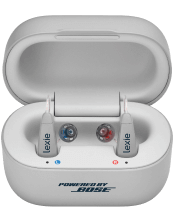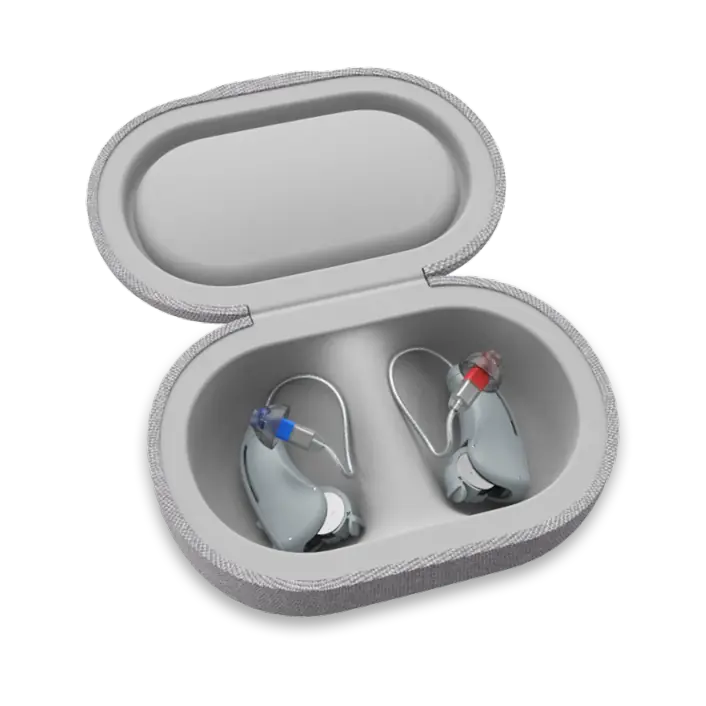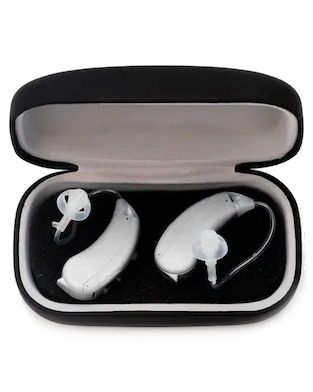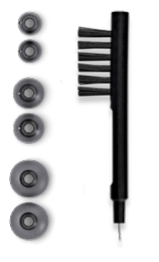Treating Different Degrees of Hearing Loss
Published: July 18, 2020
Updated: March 9, 2021
Treatment for a hearing loss depends on the type and severity of the hearing loss. Each degree of adult hearing loss can be treated uniquely.
Mild hearing loss
The most common form of treatment for hearing loss is a hearing aid. A hearing aid is a small electronic, usually digital device aimed at processing and amplifying sound for those with hearing loss. It should be set according to the specific degree and configuration of a person’s hearing loss. Hearing aids may include advanced features, such as noise reduction, wind noise management, feedback management, and advanced microphone directionality. There is a wide variety of hearing aids on the market today, meaning that a device can be found to meet the needs of most mild to severe degrees of sensorineural hearing loss.
Severe or profound hearing loss
Hearing aids may not meet the needs of all hearing losses, however. A person with a hearing loss that is too severe and classified as a profound loss may not benefit from hearing aid but may be a candidate for cochlear implantation. A cochlear implant is a medical device that, rather than amplifying sound, provides an electrical sense of sound by stimulating the auditory nerve directly. These devices are surgically implanted in the cochlea and are only prescribed when all other avenues of hearing loss treatment have been shown to have no benefit for the individual with hearing loss.
Unique hearing loss
In some cases, you may find that some individuals have a unique hearing loss for which neither a hearing aid nor a cochlear implant would be an appropriate treatment. Other devices that may be prescribed for these unique hearing losses are bone-anchored hearing aids (BAHA) or auditory brainstem implants (ABIs). However, the candidacy for these devices is very specific and only applies to a very small segment of the population with hearing loss.
Conductive hearing loss
In the case of a conductive hearing loss, where the hearing loss is caused by a mechanical condition of the outer or middle ear, such as an ear wax obstruction or middle ear infection, medical treatment by a medical doctor is usually advised. If the hearing loss persists after medical treatment, referral to a hearing healthcare practitioner should be made.






